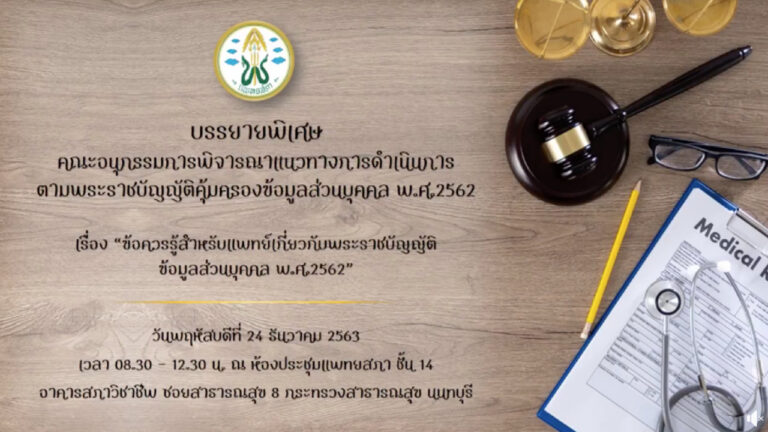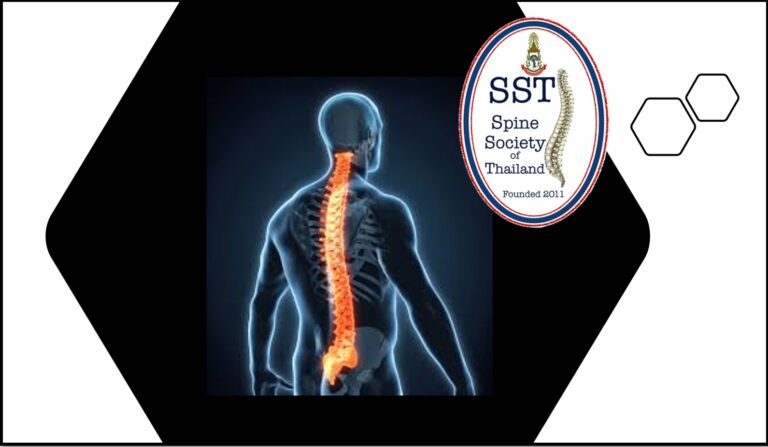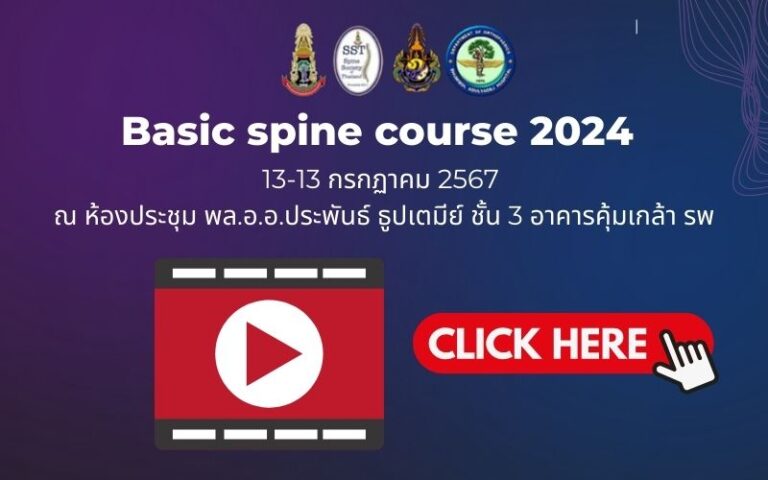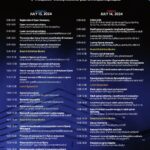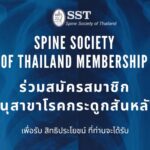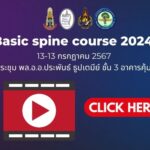
Can massage kill you?
Massage is a popular therapy all over the world, especially in Thailand. Massage not only helps relax the body and mind, but also promotes health in many ways, such as reducing muscle pain, increasing blood circulation, and relieving stress.
However, many people may wonder, “Can massage be life-threatening?”
The answer is that it is possible in some cases, which are mostly caused by pre-existing conditions/diseases of the vascular system or nervous system (especially the spinal cord). In this case, death is not directly caused by the massage, but the symptoms are worsened by massage that is not appropriate for the disease or condition that they have, which some people may not be aware of if they have not been diagnosed by a doctor first.
In general, it is recommended that if you have the following diseases and conditions, you should avoid massage because there is a chance of danger after the massage.
1. Diseases related to bones and joints, such as:
- Herniated Disc: Because pressing or bending too hard can increase the pressure on the nerves, making the pain or weakness worse.
- Osteoporosis: People with osteoporosis may be at risk of bone fractures if they are pressed or bent hard.
- Asymptomatic cervical spondylolisthesis (C1/2 Instability) or ossified posterior longitudinal ligament (OPLL) is a risk factor for spinal cord compression.
- Spinal Infection, such as spinal tuberculosis infection
2. Diseases related to blood vessels
Carotid Artery Stenosis Massaging, bending, or pressing the neck area too hard can increase the risk of cerebral blood vessel occlusion, causing a stroke and subsequent symptoms.
Pulmonary or cerebral embolism (venous thrombosis, VTE) Because massaging the area with blood clots or fatty plaques in the blood vessel walls (Plaque) may cause the blood clots or fatty plaques to break off and block the blood vessels in the brain (causing cerebral ischemia) or block the blood vessels in the lungs, causing the body to lack oxygen, which may have serious effects, up to the point of death.
3. Diseases related to compression of the cervical nervous system, such as:
Cervical Radiculopathy It will cause pain radiating from the neck to the arm. The symptoms may worsen if the area where the nerve was originally compressed is pressed or twisted.
Cervical Myelopathy Severe neck bending or compression can increase spinal cord compression, causing numbness, weakness in the arms, hands, or legs, or loss of bowel control.
Red flag
Red flag signal Things to be careful about after receiving a massage: These people should avoid repeated massages and consult a specialist immediately.
- Have sudden or severe pain in the neck or back.
- Numbness or weakness in the arms or legs, difficulty using the hands, and difficulty walking
- Loss of bowel control
- Dizziness, vomiting, double vision, crooked mouth, crooked face, or loss of consciousness after massage
Guidelines for safe massage
- Choose a professional massage: It is best to get massage from a certified and experienced person.
- Inform your health history: If you have any chronic diseases or unusual symptoms, you should inform the service provider before starting the massage.
- Avoid vigorous massage or rapid shaking: especially in sensitive areas such as the neck where blood vessels or spinal nerves are located.
- Always consult your doctor first: If you have a health condition that could put you at risk, such as heart disease, blood vessel disease, or pregnancy.
- If after the massage you experience any of the above-mentioned abnormalities, you should consult a specialist immediately.
In conclusion, can massage cause death?
Proper and safe massage by an expert is beneficial. However, in some cases, if the massage is performed improperly or the recipient has a pre-existing disease or condition, massage can have serious health effects, such as nerve compression or ruptured blood vessels, which can be fatal, especially from complications of neurological symptoms. If in doubt, consult a doctor to make massage a safe treatment method.
Information by Spine Division, Royal College of Orthopaedics of Thailand


